Ten Questions for Jeanna Kadlec
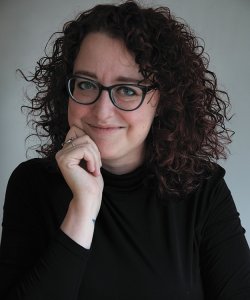
“The first draft is just telling the story to yourself.” —Jeanna Kadlec, author of Heretic
Jump to navigation Skip to content
Read weekly interviews with authors to learn the inside stories of how their books were written, edited, and published; insights into the creative process; the best writing advice they’ve ever heard; and more.

“The first draft is just telling the story to yourself.” —Jeanna Kadlec, author of Heretic
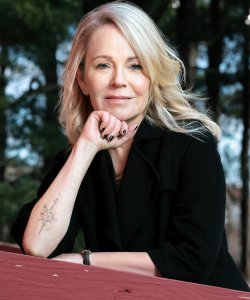
“Fixed ideas are always problematic when it comes to writing fiction.” —Dani Shapiro, author of Signal Fires
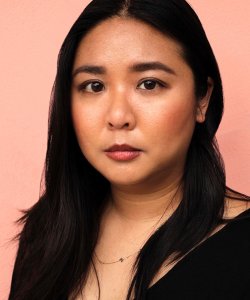
“There’s space for your story.” —E. M. Tran, author of Daughters of the New Year
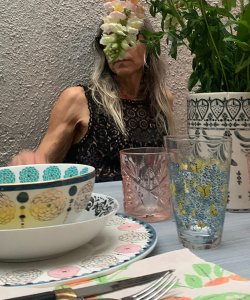
“Poetry is impossible, but it is not difficult.” —Olena Kalytiak Davis, author of Late Summer Ode
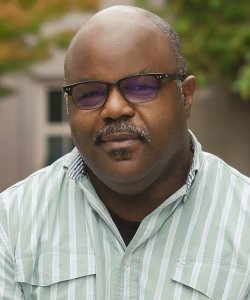
“I’m not a writer, I’m a receiver for something I don’t always understand.” —James Cagney, author of Martian: The Saint of Loneliness

“It takes a lot of intentional work to write ethical stories.” —Hafizah Augustus Geter, author of The Black Period: On Personhood, Race, and Origin
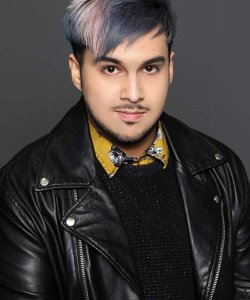
“I’d tell my past self to trust my work.” —Aldo Amparán, author of Brother Sleep
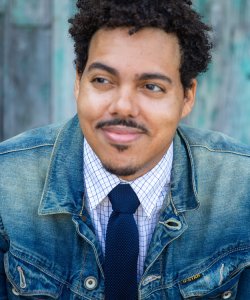
“A terrible draft of a story is a gift, because now the real work can begin.” —Jonathan Escoffery, author of If I Survive You

“Stop Googling the ages of people you think are more successful than you.” —Mia Mercado, author of She’s Nice Though: Essays on Being Bad at Being Good
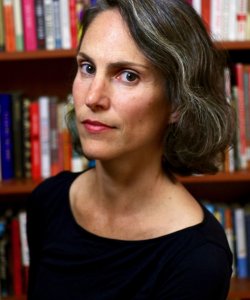
“These characters have been in my head for so long that they seem more real to me than some people.” —Lauren Acampora, author of The Hundred Waters
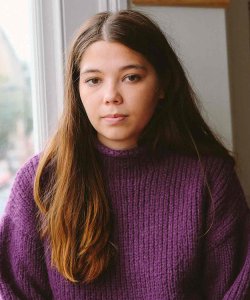
“I was surprised by my own tendency to write longer and longer lines and to frequently slip into prose poems.” —Nina Mingya Powles, author of Magnolia 木蘭

“If you can surprise a reader with a character’s reaction, a scene will almost always work.” —Megan Giddings, author of The Women Could Fly
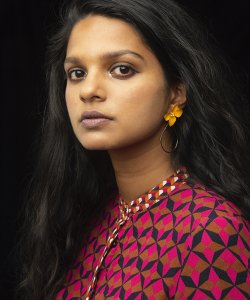
“Writing, I now believe, is both a confidence trick and an alchemical process.” —Sarah Thankam Mathews, author of All This Could Be Different
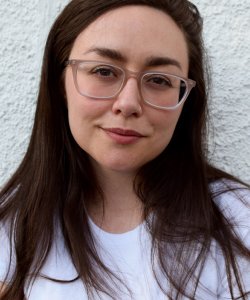
“I needed to live all of the change and movement and multiplicity that the book wound up being about in order to write it.” —Caylin Capra-Thomas, author of Iguana Iguana
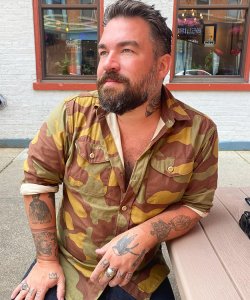
“A reader who truly needs these stories might not come to them for weeks, months, or even years.” —Isaac Fitzgerald, author of Dirtbag, Massachusetts: A Confessional

“This book really fought me, or I fought it, for the first couple of years.” —Safia Elhillo, author of Girls That Never Die
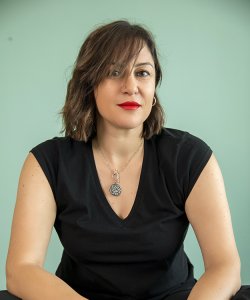
“I think it was essential that I turn further inward, that I trust the ‘quieter’ poems.” —Zeina Hashem Beck, author of O

“Write because you want to, not to define yourself for the benefit of other people.” —Maya Marshall, author of All the Blood Involved in Love
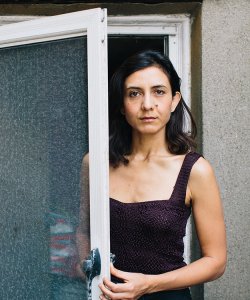
“I was struck by the freedom of third person, how I could roam and jump and skip around, and cozy up to characters and then back away.” —Ottessa Moshfegh, author of Lapvona

“I wanted to write female friendship in a way that felt honest to me.” —Christine Kandic Torres, author of The Girls in Queens
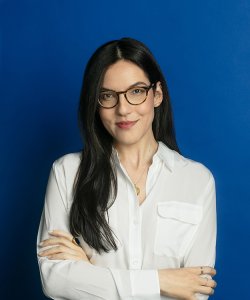
“When you’re in that in-between stage, between starting something and gathering speed, a piece of chipped nail polish is the most riveting thing in the world.” —Sloane Crosley, author of Cult Classic
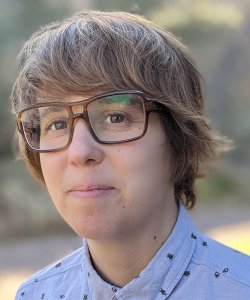
“I have to lock up my phone every day—in a box designed for locking up cookies—during the hours I’m writing. Text messages ruin me.” —Lydia Conklin, author of Rainbow Rainbow

“Prioritize writing. Make time for it. Plan it like you plan your grocery lists. Plant your ass in the chair and do it.” —Gabe Montesanti, author of Brace for Impact

“There are plenty of hard truths in Ma and Me that were difficult to put down on the page, and then there are other truths that are mine, and mine alone, to keep.” —Putsata Reang, author of Ma and Me
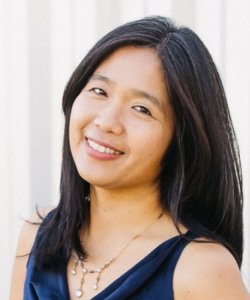
“If I had known about the twists and turns beforehand, I like to think I would have kept going, but maybe it’s better not to know.” —Vanessa Hua, author of Forbidden City